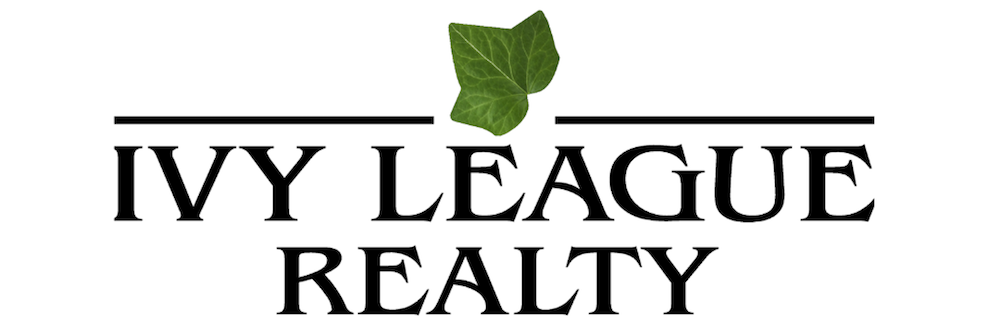
Foreclosures & Short Sales
What Is A Short Sale?
The term “short sale” is a colloquialism that is frequently used to describe the process of selling a home for less than is owed on its outstanding mortgage. Short sales are common amongst distressed homeowners who exhibit a propensity not to pay their mortgage obligations. The more clear it becomes that a homeowner won’t pay their mortgage, the more likely a lender is to allow the owner to conduct a short sale. In allowing the short sale, the lender is granted the opportunity to recoup any of the potential losses they would suffer in the event of delinquency. The homeowner, on the other hand, avoids foreclosure and any resulting blemishes on their credit report. Neither homeowners nor banks look forward to short sales, but the fact remains: at some point, they are the best option for both parties.
What Is A Foreclosure?
A foreclosure is the direct result of a homeowner’s inability to keep up with their mortgage obligations. In its simplest form, however, a foreclosure is a severe “penalty” levied on delinquent homeowners who do not abide by the contract they originally signed. Once a borrower breaks a contract, the lender has the right to foreclose on the property, seize the asset, and evict the homeowner. Not unlike short sales, foreclosures are not optimal for either party involved. Homeowners who experience a foreclosure will suffer severe financial ramifications. On the other hand, lenders will miss out on the money they were promised in the original mortgage underwriting. However, to avoid further losses, the lender will attempt to sell the home at auction once it has been repossessed.
Partner with us!
In order to make sure you don’t end up on the wrong end of a distressed sale or purchase of a bank-owned property, it is best to partner with a real estate professional. The Ivy League Realty Team has the experience and the connections to both offer you advice and keep your best interests in mind.













